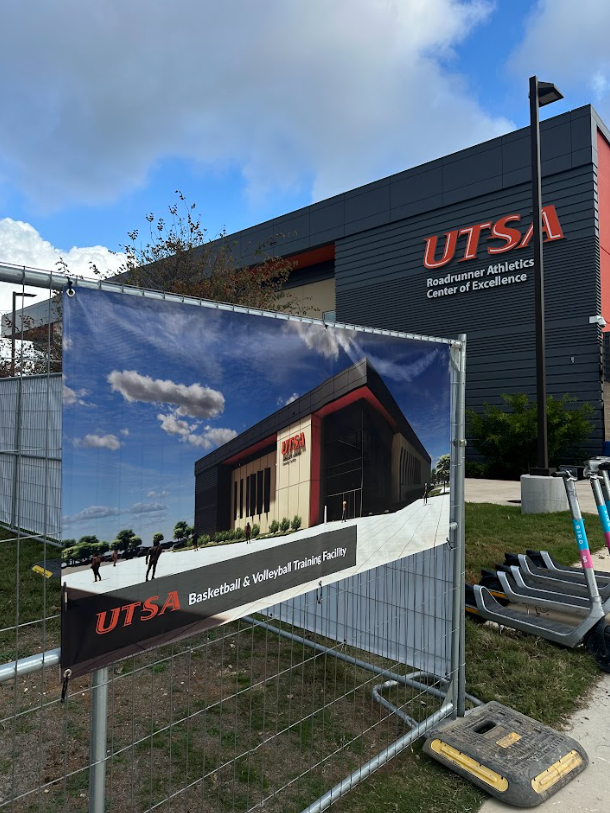The 2023 Constitutional Amendment Election will occur in Texas on Nov. 7. Texans will have the opportunity to vote on 14 different constitutional amendments that have been approved by state lawmakers. Read on to discover how voters can ensure they are registered and prepared when they head to their local voting location in early November.
Amendment details
According to the Texas Tribune, many of the proposed amendments will produce or alter funds that would support higher education research, water infrastructure, gas-fueled power plants, broadband infrastructure and maintenance and creation of state parks.
Several other amendments are associated with taxes and propose raising the homestead exemption for homeowners from $40,000 to $100,000, creating some tax exemptions for medical equipment and child-care facilities and banning lawmakers from applying wealth taxes without voter approval.
Texans within certain occupations could also be affected by the amendments that propose granting retired teachers cost-of-living raises, raising the mandatory retirement age for state judges and protecting commonly accepted farming and ranching practices from state and local regulation.
Two of the amendments would directly impact Galveston and El Paso. If passed, Galveston County would be allowed to eliminate the position of county treasurer and El Paso County would gain access to using bonds for parks and recreation development.
How to register
According to Ballotpedia, “To register to vote in Texas, an applicant must be a United States citizen, resident of the county in which he or she is registering and at least 17 years and 10 months of age.” Texans interested in voting on the proposed amendments must be registered to vote by Oct. 10.
Early voting
Texas permits an early voting period for all registered voters. This will begin on Oct. 23 and end on Nov. 3. Early voting locations can be found online or voters can contact the Early Voting Clerk for State and County Elections within their county.
Accepted forms of ID
When arriving at a polling location, voters will be asked to present one of the seven acceptable forms of photo identification. This includes a state driver’s license, a Texas election identification certificate, a Texas personal identification card, a Texas handgun license, a U.S. military identification card with the voter’s photograph, a U.S. citizenship certificate with the voter’s photograph or a U.S. passport.
Voters between the ages of 18 to 69 must display a current form of identification that has not expired for more than four years before being presented at the polling place.
For more information on the amendments and what they entail, visit texas.gov.









